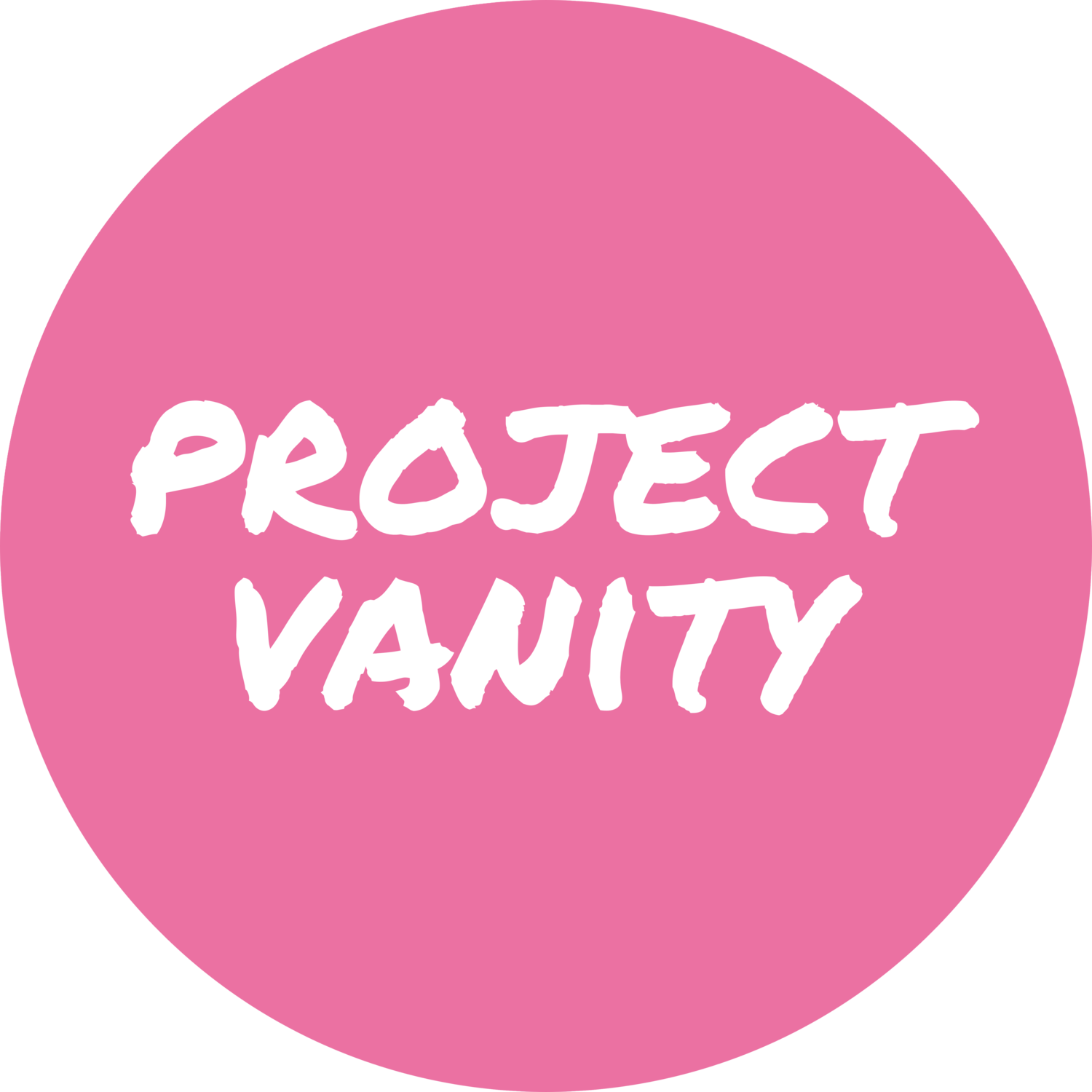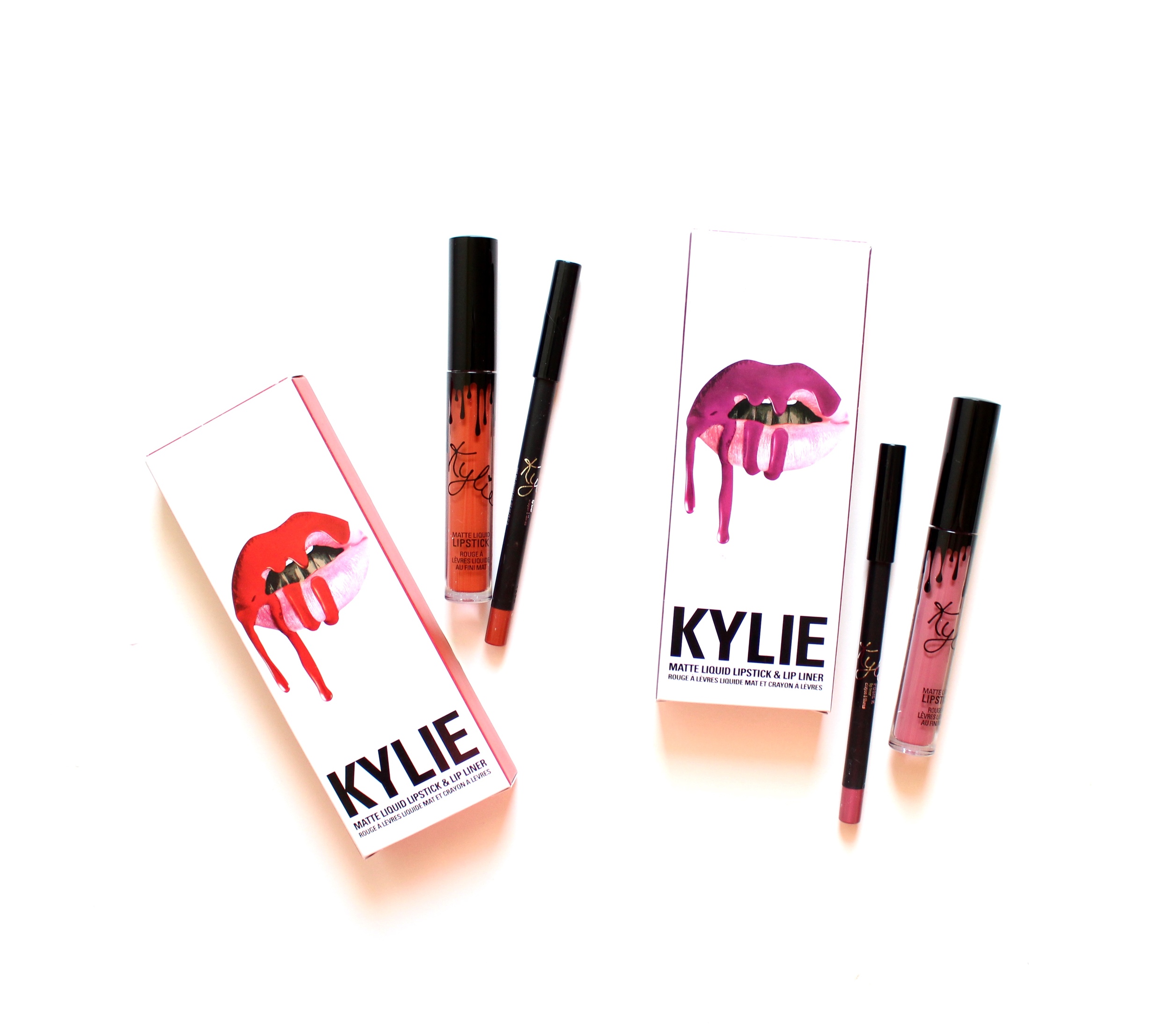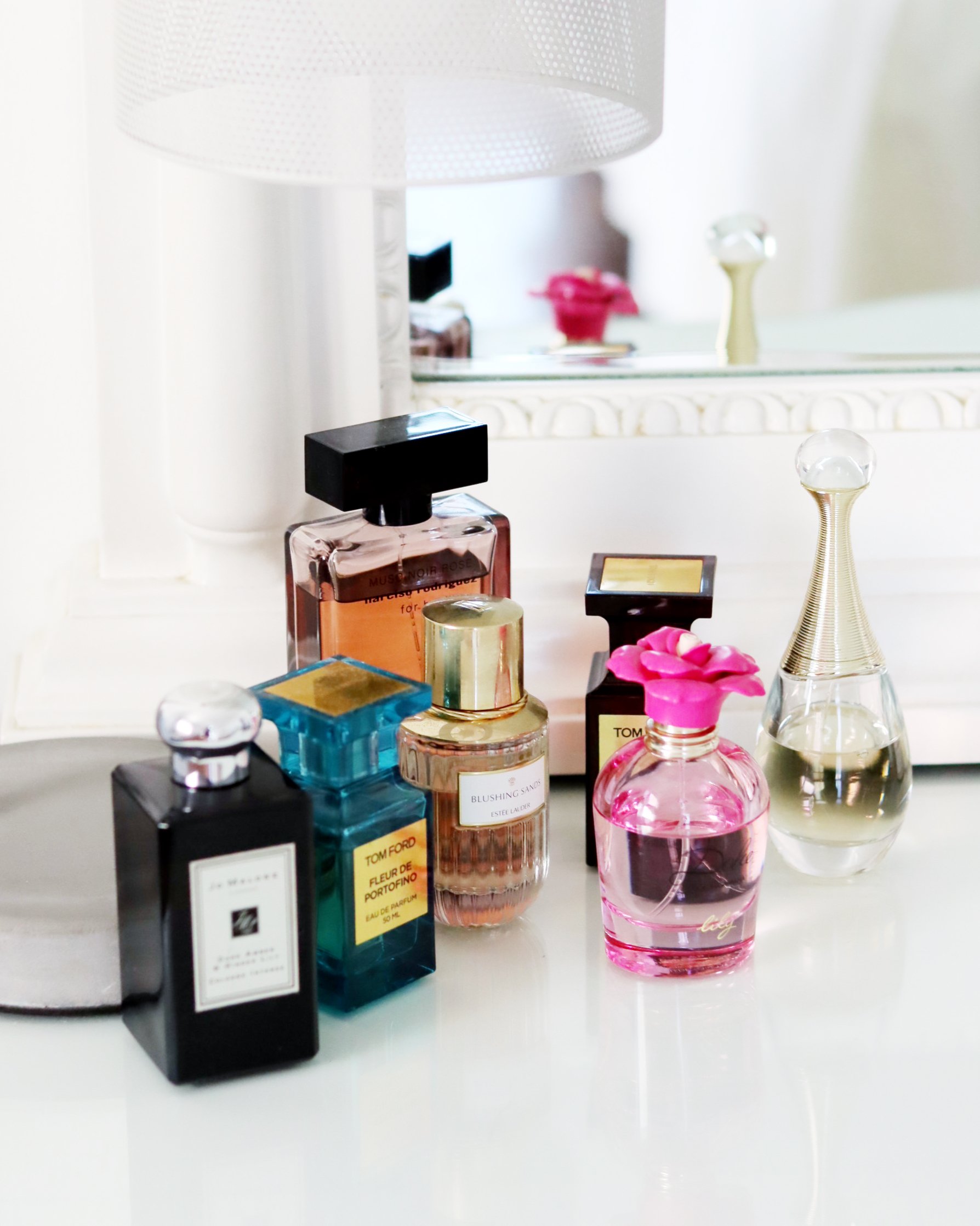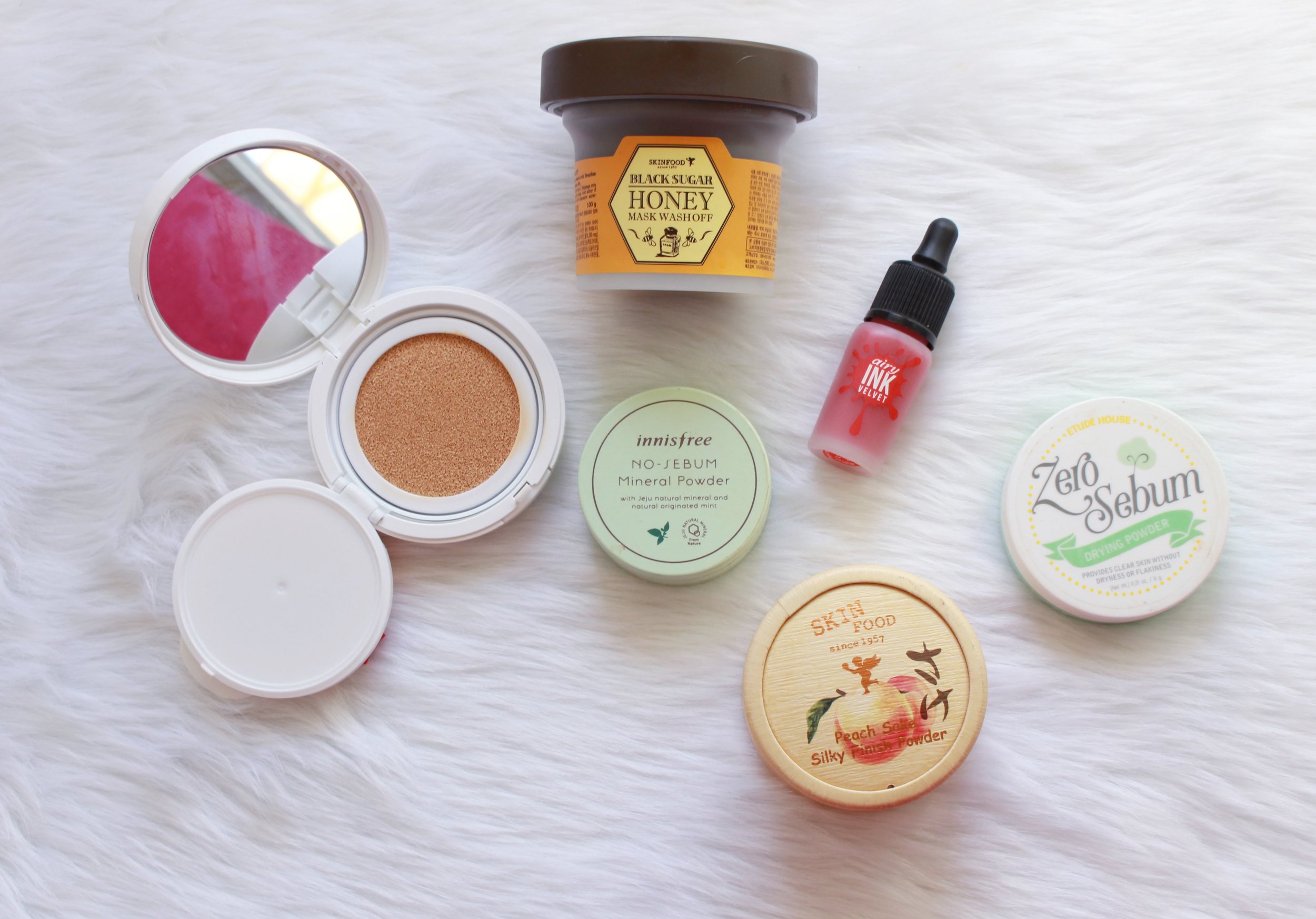The Project Vanity Podcast, Ep 1 Recap: What you need to know about fake makeup
I got excited when I first heard that Project Vanity was going to do its own podcast. Having a podcast would not only helps us connect to a bigger audience, this new platform allows for a continuity of discussion different from the flow of our written stories. Each episode builds upon educated yet candid beauty discussions that feel like a chat between friends. They also allow the community to literally hear from Liz, and from other luminaries in the local beauty scene!
Listen below for Episode 1.
I thought it was a bold step to choose Fake Makeup as the topic for discussion in the pilot podcast. In the Philippines, counterfeit cosmetics abound not just in shady shops, but out in the open and online market spaces as well! Pirated goods may have become a “normal” part of our culture but as Liz points out, using fake makeup is simply unlike sporting fake bags. Cosmetics isn’t just something you put on - it’s something you can possibly end up ingesting!
Makeup can definitely make a big impact on personal health, which I think is more valuable than looking my best. This is why beauty products are monitored by the Food and Drug Administration. The problem is that, even when most people are aware of the risks, some still choose to patronize or even sell counterfeit cosmetics.
What struck me was when Den pointed out that consumers aren’t the only ones who are short-changed by these illegal products. Yes, beauty brands suffer when pirates infringe on their copyrights, but let’s take a look at the other side of the coin. If that fake lipstick sells for P50, imagine how much it actually costs to produce. Packaging, ingredients, and labor all factor into the cost of each piece of makeup, not to mention storage and shipping costs. At such a low price, you can be sure that manufacturing conditions wouldn’t be optimal, let alone the wages and welfare of the workers involved. The counterfeit beauty industry is exploitative and contributes to the cycle of poverty!
Authentic and fake Kylie Lip Kits: they look so alike!
For those who had unwittingly bought fake makeup, we have a few pointers on how to avoid buying fake makeup. It has gotten increasingly difficult to detect counterfeits by sight alone, because they look more and more like the real thing! Liz has even compared a fake Kylie Lip Kit to an authentic one, and they looked very similar though each performed very differently upon use. No brands are “safe” from piracy; even K-beauty products have fakes, which was surprising to me since they’re not as expensive as the MAC lipsticks or Urban Decay palettes that pirates normally copy! The only way to completely avoid fake products is to buy directly from brand stores and authorized resellers.
Tackling this topic on the PV podcast benefits not just beauty fans, but the general public as well. It’s an issue that goes beyond cosmetics, as it concerns public health and fair labor practices. What are your thoughts about this issue?










